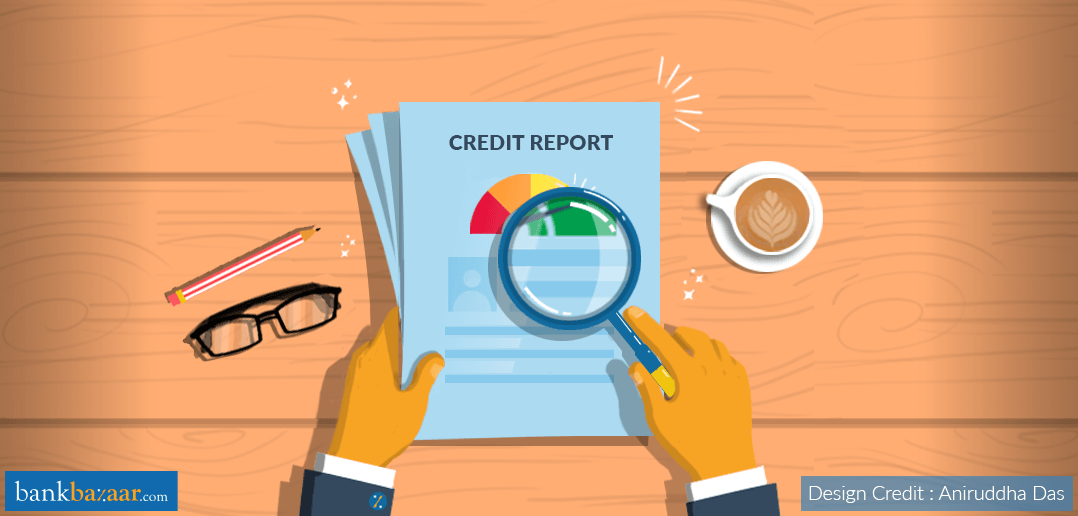Getting a credit report is easy, but understanding and interpreting the data can be tricky. Here’s your guide to reading your credit report correctly.

Your credit report is the first thing that lenders check before approving you for a loan or Credit Card. It is a summary of your credit history that contains information like your credit accounts, payment details, personal & employment details and more.
Any discrepancy or error in your report can hurt your Credit Score and lower your chances of getting a loan or Credit Card. Therefore, checking your credit report regularly will help you spot potential fraud and errors, if any.
Additional Reading: 3 New Year’s Resolutions To Raise Your Credit Score In 2019
Each credit bureau may have a different way to organise the report so the sections may fall in a different order, but all your reports will have the same basic parts. Here is a quick look at the important sections of your credit report.
Your Credit Score
The first section of your credit report displays your Credit Score. It’s a three-digit number that ranges between 300 – 900 points. Usually, a Credit Score of 750+ is considered good by banks and financial institutions and makes you eligible for better loan and Credit Card offers. Higher the score, higher are your chances of getting approved.
Check this: Why a High Credit Score is Good for You
Personal Information
This section contains your personal details as provided by the lenders to the credit information bureau. It includes your name, gender, voter ID, date of birth, address etc. Make sure that the information mentioned in the report is accurate to prevent identity frauds.
Employment History
This section lists your employment details at the time of applying for a line of credit. Banks check your employment details before approving a loan or Credit Card.
Credit Accounts & Repayment History
This is one of the most important sections in your credit report. It contains information about all your credit accounts & your repayment history like missed loan EMIs, Credit Card payments, type of credit, amount of loan etc.
Cross-check all the details carefully and look out for any unrecognised accounts or errors in your payment history, such as a late payment fee when you paid on time. If you find any errors, try and resolve the dispute at the earliest.
Additional Reading: Why Your Credit Score Isn’t Improving
Credit Inquiries
Inquiries made by banks or any financial institution is listed under this section. This will contain information such as the type of loan, loan size, and the name of the bank or financial institution among others.
There are two types of credit inquiries- hard enquiries and soft enquiries. A hard enquiry occurs when a prospective lender checks your report to make a lending decision. These enquiries can stay on your report for about 12 months. Keep in mind that multiple hard enquiries made in a short span of time can hurt your Credit Score as you might appear credit-hungry to the lender.
When you check your own score from a credit bureau or an employer checks your credit report as a background check, it goes as a soft enquiry. This will not have any impact on your score and you can check your Credit Score as often as you like.
There you go! Now, click the link below to check your FREE Experian credit report in less than 3 mins!